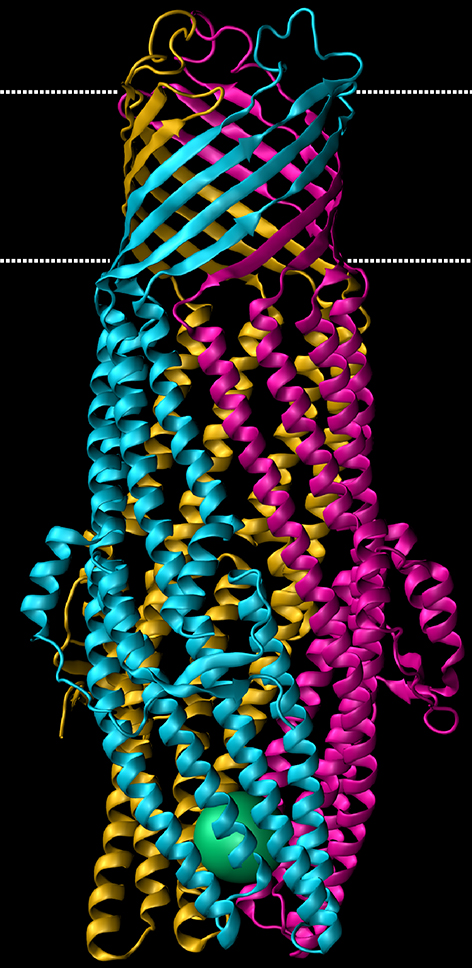RESET-ME, a European project for the development of novel adjuvants for improvement of antimicrobial therapies
The Fraunhofer Institute for Molecular Biology and Applied Ecology IME coordinates the research project RESET-ME, selected for funding by the Joint Programming Initiative on Antimicrobial Resistance (JPIAMR). In this project, together with partners from Germany, Latvia, Finland, and Italy, adjuvants for antimicrobial therapies are developed targeting an intrinsic resistance mechanism in Gram-negative bacteria.

In order to tackle the global challenge of increasing antimicrobial resistance, the European Union established the Joint Programming Initiative on Antimicrobial Resistance (JPIAMR) that supports transnational research and activities in the areas therapeutics, diagnostics, surveillance, transmission, environment and interventions. Within the sixth joint call, an international research consortium, coordinated by Fraunhofer IME, received 1.3 M Euro funding for the development of small molecules restoring the efficacy of antibiotics.
Due to different bacterial resistance mechanisms, infections with Gram-negative bacteria are increasingly difficult to be treated by antibiotics. An intrinsic resistance mechanism in Gram-negative bacteria are efflux pumps that remove antibiotics from the bacterial cell. Therefore, inhibition of these efflux mechanisms by small molecules is an attractive approach for restoring the efficacy of antimicrobial therapies.
Within RESET-ME (Restoring E. coli Sensitivity for Antibiotics by blocking TolC-Mediated Efflux), Fraunhofer IME and its partners from the Jacobs University Bremen and the University of Helsinki (Finland), as well as the Latvian Institute of Organic Synthesis and the University of Cagliari (Italy), will develop small molecules blocking a central component of the major efflux pump in E. coli. The target protein, TolC, is located in the outer membrane and mediates the last step of antibiotics efflux out of the bacterium. Within the next three years, the interdisciplinary consortium will apply a broad range of computational and experimental techniques for the identification and optimisation of small molecules binding to and blocking TolC.
Dr. Björn Windshügel, who is coordinating RESET-ME at Fraunhofer IME in Hamburg states: “I’m very pleased that we can develop this novel therapeutic approach further together with our European partners. We at Fraunhofer IME will support RESET-ME by molecular modelling methods, biophysical tests and toxicological assessments.”
 Fraunhofer Institute for Molecular Biology and Applied Ecology IME
Fraunhofer Institute for Molecular Biology and Applied Ecology IME![BMBF_CMYK_Gef_M [Konvertiert]](/en/press/RESET-ME/jcr:content/fixedContent/pressArticleParsys/textwithinlinedimage_1965225079/imageComponent1/image.img.jpg/1560850413313/BMBF-gefoerdert-2017-en.jpg)